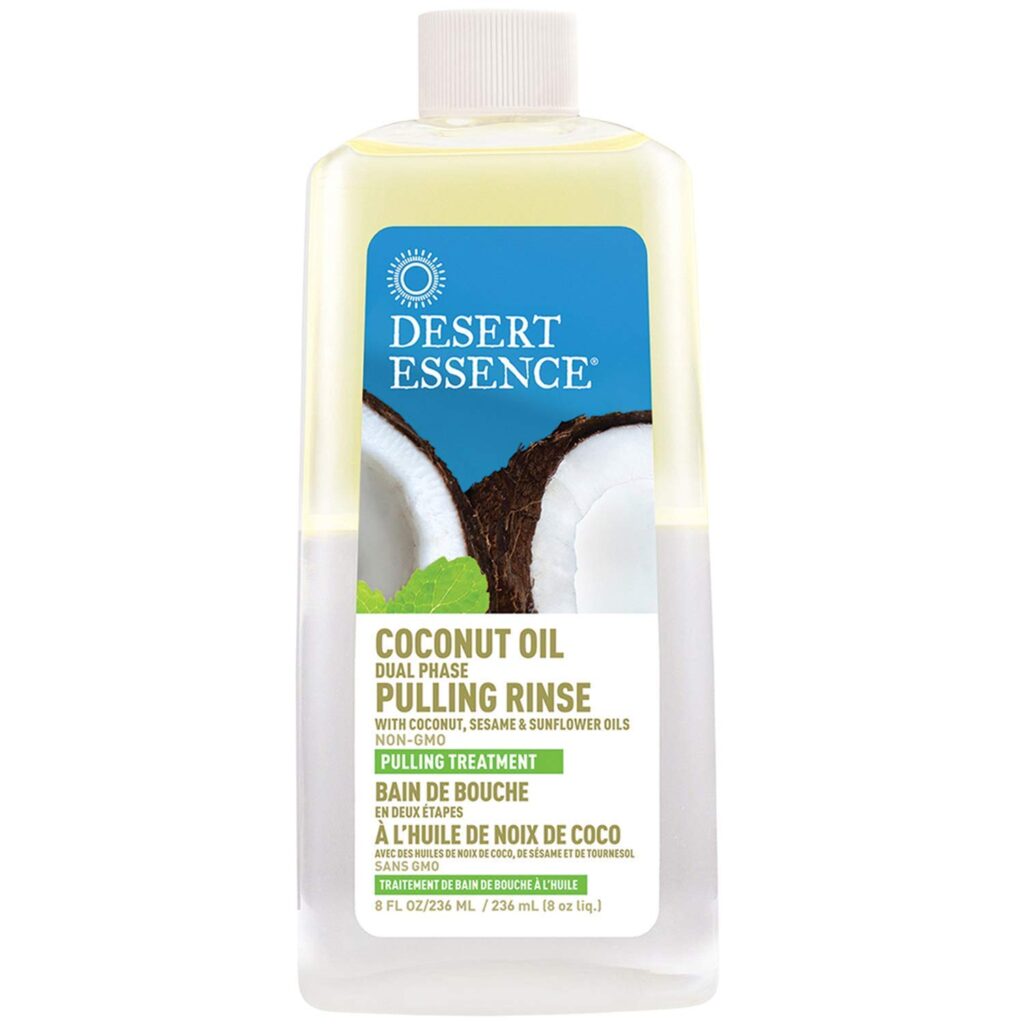Coconut oil has become a popular topic in the health and beauty world, with many people touting its benefits for skin, hair, and even cooking. But have you ever heard of using coconut oil for teeth whitening?
For centuries, coconut oil have been used as a natural remedy for teeth whitening and an alternative to chemical bleaching of your teeth. The edible oil offers numerous unique properties that could potentially provide better and safer results than traditional methods. But can it really whiten your teeth?
In this article article, we will explore the science behind how coconut oil can help to whiten teeth, as well as provide tips and tricks for incorporating the magical ingredient into your daily oral care routine. Whether you’re looking to remove surface stains or brighten your overall smile, coconut oil may be the natural solution you’ve been searching for. So, let’s dive in and discover the benefits of coconut oil for teeth whitening!
What Are the Benefits and Uses of Coconut Oil?
There are many benefits that coconut oil brings. In particular, the presence of medium-chain triglycerides (MCT) such as lauric acid confers the oil with anti-bacterial and anti-microbial properties. This helps to fight plaque formation, thus reducing bad breath and the risk of gum diseases such as periodontitis and gingivitis.
Being rich in MCT also makes coconut oil a great tool in lowering LDL (bad) cholesterol and boosting HDL (good) cholesterol. This was documented in two different studies (here and here), both of which linked increased coconut oil consumption to an increase in HDL.
Apart from improving cholesterol health, coconut oil also worked well in fighting weight loss. This was documented in a scientific study which concluded that MCTs decreased calorie intake while speeding up the breakdown of fats in the body.
You may be interested in: Why Won’t My Teeth Whiten? All You Need to Know About Teeth Whitening
Last but not least, coconut oil helps in hydrating and nourishing the skin and hair. This is due to the rich minerals and fatty acids that provides the necessary nutrition, all while trapping moisture and preventing water loss.
As such, coconut oil is also used in many areas
- Skin Moisturizer: Coconut oil can be used as a natural moisturizer as it sits on top of the skin, However, it must be noted that coconut oil is comedogenic, meaning it can clog pores when used excessively.
- Hair Care: Coconut oil have been incorporated into many haircare products to strengthen and nourish the hair.
- Cooking Oil: Coconut oil is a versatile cooking oil with a high smoke point, making it suitable for a variety of cooking style including baking, sautéing, and frying. In particular, it has been used as an alternative to butter and other oils in baking due to the mild, nutty flavor that it brings.
- Make-up remover: Coconut oil are excellent in removing any impurities such as make-up and sebum.
- Massage oil: Coconut oil when combined with essential oil, work well in soothing the muscles and relaxing the mind.
It is important to note that more research is needed to confirm the health benefits of coconut oil, and it’s always a good idea to consult with a healthcare professional before making any significant changes to your diet or using coconut oil as a treatment.
Why Can Coconut Oil Whiten Teeth?
Coconut oil is used to whiten teeth due to its lipophilic property. Lipophilic, which means “fat-loving” or “lipid-loving”, means that it is able to attract and draw oil and other fat-soluble molecules that water cannot. Given that bacteria are generally lipophilic, coconut oil is able to draw out harmful bacteria more effectively than water, thus making it a better ‘mouthwash’ solution.
That said, there are no clinical evidence to conclude that coconut oil will whiten your teeth. However, it does help to remove surface stains by taking out those pesky plaque that are stuck to your enamel.
How to Use Coconut Oil to Whiten Teeth?
Coconut oil is used to whiten your teeth through a methods commonly known as “oil pulling.”
The method is an ancient practice used by Ayurvedic practitioners in India over 3,000 years ago as a way to maintain oral hygiene. In the past few years, oil pulling has seen a rise in popularity for its touted benefits and ability to remove toxins from the mouth.
- This method, which in theory can be used with most edible oil, involves swishing one tablespoon of coconut oil in your mouth for 15 to 20 minutes.
- When you are done with the swishing, be sure to spit the oil into a garbage; coconut oil is solid at room temperature and may clog up the drain if disposed in the sink or toilet.
- Rinse your mouth with warm water and remove any residue of coconut oil.
- Repeat the oil pulling on a daily basis for the best results.
The swishing action is said to ‘pull’ out any bacteria, plaque or food particles from hard-to-reach spots of your mouth, leaving you with a cleaner and whiter teeth. Apart from the removing of the unwanted matter, the coconut oil also coats the tooth enamel with a layer of oil, effectively protecting it from damage.
Overall, coconut oil appears to be an effective tool for maintaining healthy teeth and gums while also lightening stains on your teeth. However, in spite of the seemingly magical ability of coconut oil to protect and whiten your teeth, it should not be a replacement for good oral hygiene and your daily oral products.








